10, August 2020
UK could stop official Covid death count over claims of ‘exaggeration’ 0
The UK’s official COVID-19 daily death count could be scrapped following an investigation into Public Health England’s method of counting the toll, The Telegraph newspaper reported.
The conclusions of the investigation, which was ordered by Health Secretary Matt Hancock after it emerged officials were “exaggerating” virus deaths, are expected this week, the newspaper said.
One recommendation could be to move to a weekly official death toll instead, a government source told the Telegraph.
Britain paused its daily update of the death toll last month and the government ordered a review into how Public Health England reports coronavirus deaths, after academics said the daily figures may include people who died of other causes.
Academics in a blog post had warned that the way the government health agency calculated the figures was skewed as patients who tested positive for coronavirus, but are successfully treated, will still be counted as dying from the virus “even if they had a heart attack or were run over by a bus three months later”.
England’s death figures vary substantially from day to day due to this reason, the academics had argued.
In contrast, the other parts of the United Kingdom do not follow the same approach. There is a cut-off threshold of 28 days in Scotland after a positive test, after which a patient is not automatically considered to have died from the virus.
Britain, one of the countries hardest hit by the virus, reported more than 1,000 new COVID-19 infections on Sunday, its highest daily increase since June, taking the total number of cases past 310,000.
Source: REUTERS
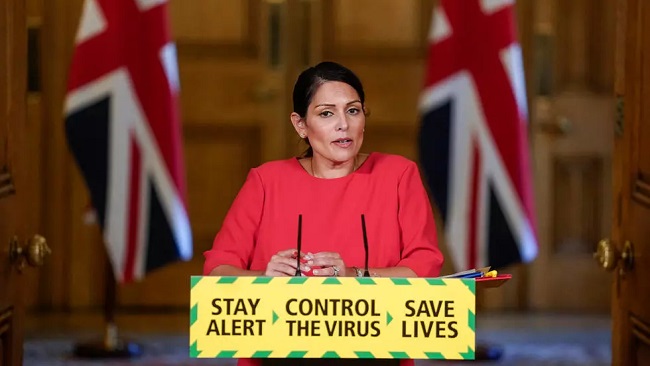
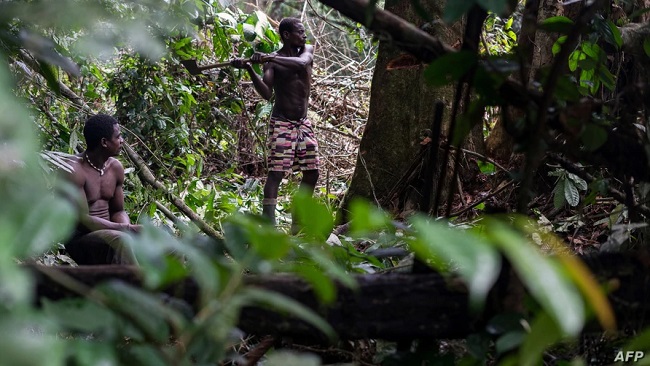
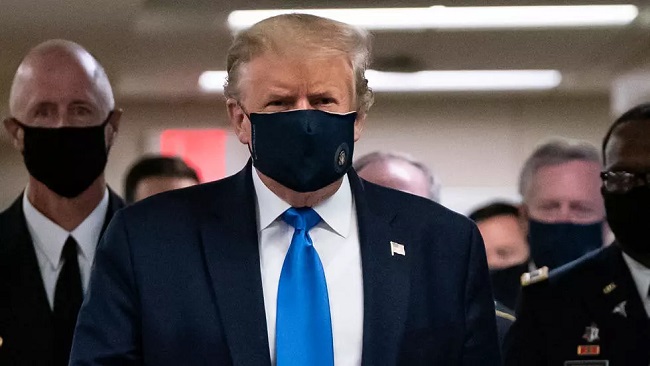
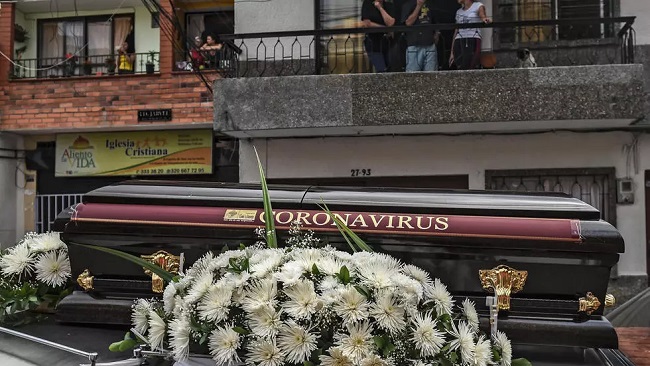

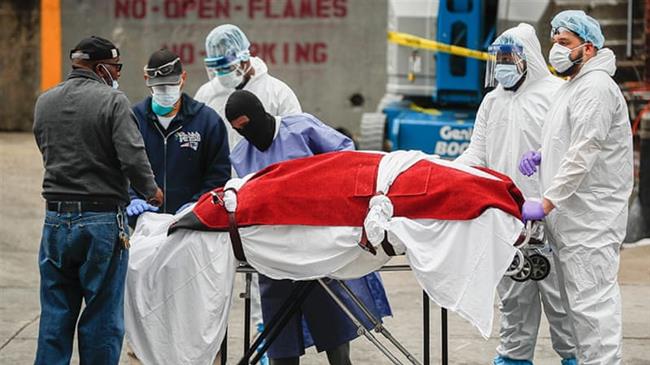




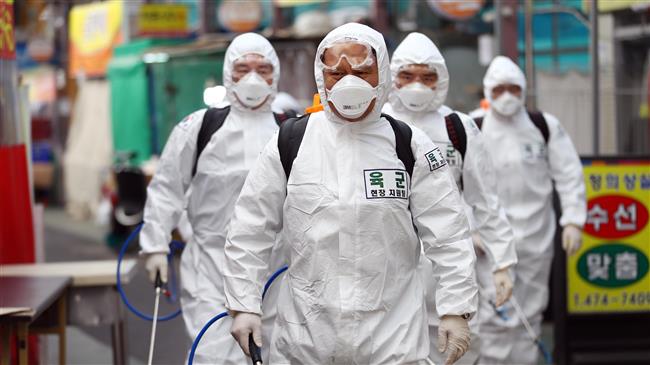

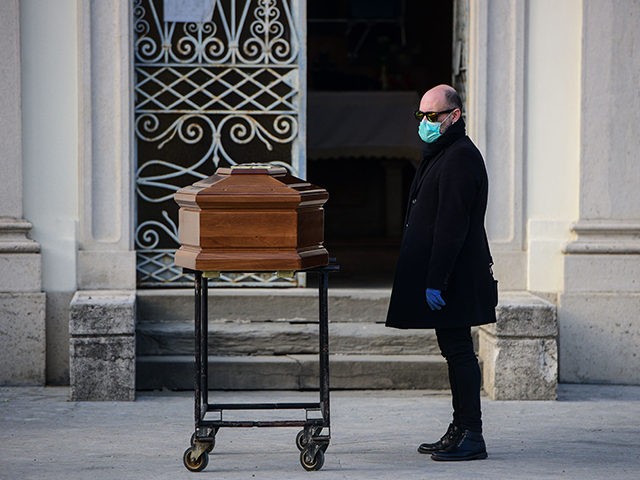


















11, August 2020
World Covid-19 cases exceed 20 million 0
The coronavirus pandemic chalked up another horrific milestone Monday as the world surpassed 20 million recorded cases of infection from the tiny killer that has upended life just about everywhere.
The number as of 2215 GMT was 20,002,577 cases, with 733,842 deaths recorded, according to an AFP tally of official sources.
In yet another staggering landmark, the death toll is expected to surpass 750,000 in a matter of days as the global health crisis that began late last year in China rages on.
As more things once unthinkable became harsh reality — having to wear a facemask in touristy spots in Paris, or reserve a spot on Copacabana beach in Rio via an app and then social distance on the sand — the World Health Organization urged people not to despair.
“Behind these statistics is a great deal of pain and suffering… But I want to be clear: there are green shoots of hope,” WHO chief Tedros Adhanom Ghebreyesus said.
“It’s never too late to turn the outbreak around,” he said.
He gave examples of countries that had successfully clamped down on Covid-19, such as Rwanda and New Zealand, which said Monday it plans to open a virus-free “travel bubble” with the Cook Islands.
With much of the world caught in a cycle of dispiriting outbreaks and economically crushing lockdowns, all eyes are on the race for a vaccine.
A WHO overview said 165 candidate vaccines are being worked on around the world, with six reaching Phase 3 of clinical evaluation.
But the WHO’s emergencies director Michael Ryan warned that a vaccine was “only part of the answer,” pointing to polio and measles as diseases with vaccines that have not been fully eradicated.
“You’ve got to be able to deliver that vaccine to a population that want and demand to have that vaccine,” he said.
Europe feels the heat
Infections have been rising ominously in Western Europe, which has also been sweltering through a heatwave, with temperatures soaring above 35 degrees Celsius (95 F).
The blistering heat sent crowds flocking to beaches at the weekend despite health warnings about the risk of infection.
In the Paris region, people aged 11 and over are now required to wear masks in crowded areas and tourist hotspots.
These include the banks of the Seine River and more than 100 streets in the French capital.
Marion, a 24-year-old in central Paris, said the masks are “restrictive” but necessary “if we want to avoid a second wave.”
“Anything except a second lockdown,” she added.
Several French towns and cities have already introduced similar measures, as well as parts of Belgium, the Netherlands, Romania and Spain.
In Berlin, thousands of children returned to school on Monday after the summer break, sporting masks, which are compulsory in common areas like school courtyards.
Greece meanwhile announced a night curfew for restaurants and bars in some of its top tourist destinations after its number of new cases increased.
In Italy, the coronavirus spikes of its neighbours caused alarm.
“France, Spain and the Balkans… Italy is surrounded by contagions,” Italian Health Minister Roberto Speranza lamented.
It was a different story in Pakistan, which allowed all restaurants and parks to reopen on Monday, after the country saw a drop in new cases over several weeks.
Grim US, Brazil milestones
As of Monday evening, the United States — the world’s worst-hit country — had recorded 163,370 deaths and 5,085,821 cases of infection, according to the tracker at Johns Hopkins University.
As the caseload shot past five million on Sunday, President Donald Trump’s Democratic opponent in the presidential election, Joe Biden, tweeted that the number “boggles the mind and breaks the heart.”
The figure came as Trump was accused of flouting the constitution by unilaterally extending a virus relief package.
The package — announced by Trump on Saturday after talks between Republican and Democrat lawmakers hit a wall — was “absurdly unconstitutional,” senior Democrat Nancy Pelosi told CNN.
But with the world’s largest economy still struggling to dig itself out of an enormous hole, Democrats appeared skittish about any legal challenge to a relief package they see as seriously inadequate.
After the US, Brazil has the most cases, and over the weekend it became the second country to pass 100,000 fatalities.
President Jair Bolsonaro has downplayed the coronavirus threat, and after Brazil’s latest milestone, the country’s most widely viewed TV network Globo asked: “Has the president of the republic done his duty?”
Source: AFP